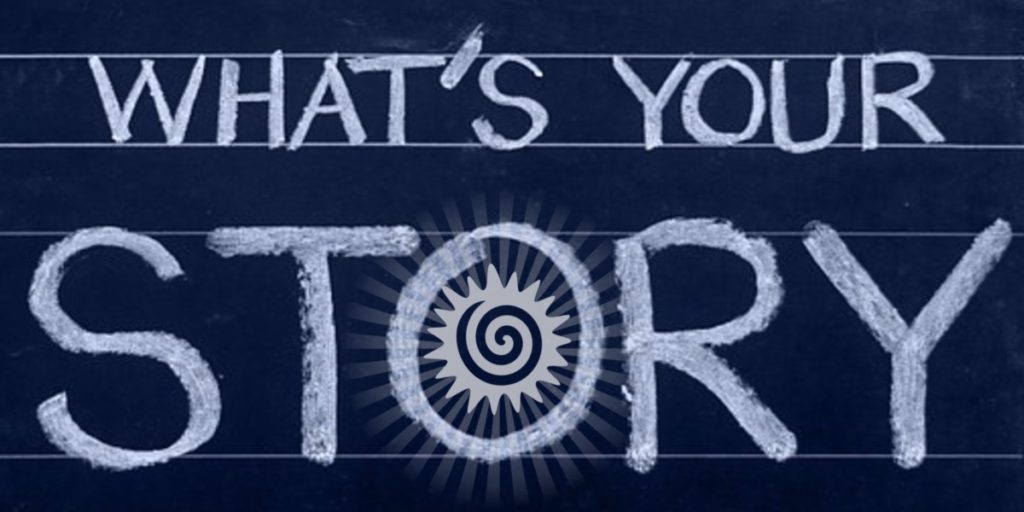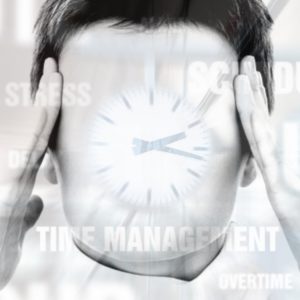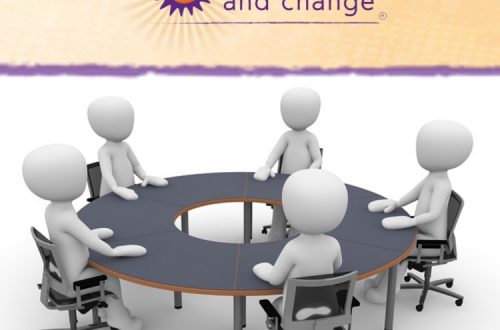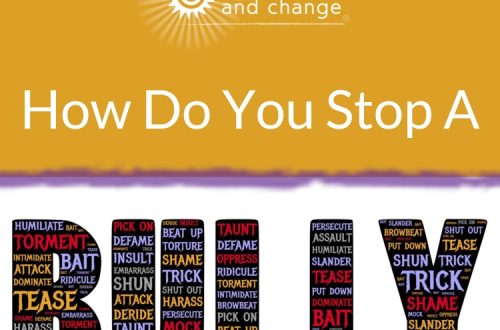Stress Influences Our Reactions to Triggering Events
Ever pay attention that when life goes smoothly, nothing much bothers you?
And you think, yeah, I’ve ‘fixed’ all my problems…you feel pretty good about yourself – and about your ability to handle difficult situations. You’ve got it covered.
But gradually, daily stressors build up. Life drains us.
We get worn out, preoccupied with ever-increasing demands – and as a result, react more emotionally and more deeply to triggering situations than we would have in our ‘life is good’ days.
Can you relate?
Recognizing The Cumulative Impact of Recent Experiences
When we’re under a great deal of stress, we can perceive situations differently.
For instance, a client related a meeting where a colleague harshly debated and critiqued something she had said, and in a knee-jerk reaction on automatic pilot, she blasted him. In the past, she would usually listen and just ask a few questions to better understand his point before engaging in a conversation.
I asked my client about personal life issues that may have depleted her protective shield. She related to being exhausted from work deadlines and how the drama of her pending divorce had weighed heavily on her that day.
As we live our daily, hectic lives, all our “separate” problems accumulate – and finally, the proverbial straw that broke the camel’s back incident takes place.
Think about a time you had an intense reaction to a difficult situation:
- What were some of the current life issues and dynamics that may have contributed to your susceptibility to feeling triggered?
- How might have these life issues affected the intensity of your triggered reactions?
Dealing With the Unresolved Issues of the Past And Old Wounds
 For example, in the past, I sometimes had an intense reaction when others used terms I was unfamiliar with.
For example, in the past, I sometimes had an intense reaction when others used terms I was unfamiliar with.
I felt like I was being “talked at,” but at the same time, felt less than and not as smart. As you’re reading this right now, you may be able to relate to a time you felt that way too.
When we’re triggered, we often blame others or ourselves.
During self-healing work, I made a connection between these triggers and unresolved anger related to my father. I recalled painful times sitting through his lectures at the dinner table, listening to theories I didn’t understand.
Instead of creating an open, participating environment where I could learn with him, he used one-way communication that left me feeling inferior and voiceless.
As I resolved these old issues as well as others related to him, I find I am far less likely to feel triggered in the same way during one-way presentations and lectures.
“One faces the future with one’s past.”
Pearl S. Buck
Your Reactions Today Have Been Formulated Long Ago
Your reactions, your triggers, your emotions…have come together not by a mystery, but by events in your life.
Like the client who admitted to being drained by a divorce and work pressures – and my own painful personal experience with my father’s lectures – we find that these cumulative life events relate to how we are triggered today.
Perhaps Marshall Rosenberg summed it up best:
“I may have pushed my buttons, but I didn’t install them.”
For the most part, we’re unaware of how we have merged unresolved issues and emotions from our past with the triggering event. This can become clearer with open, honest reflection – and the willingness to take responsibility for our reactions.
You Can Learn To Effectively Handle Your Triggers
“Whenever you are about to find fault with someone, ask yourself the following question: What fault of mine most nearly resembles the one I am about to criticize?”
~ Marcus Aurelius, Meditations

On campuses and in organizations around the country, October is often a time of rising tension and stress.
When things are going well in our lives, we are less likely to feel triggered by someone’s comment or action. Yet, in another moment, when daily stressors build up and deplete our ability to “let things roll off our backs,” we may feel deeply triggered.
Want more tools to resolve unproductive conflict in the workplace with greater ease and confidence?
I’ve got the strategies you need. Join me for my 75-min FREE webinar, Navigating Difficult Situations, Pt. 2. here.



